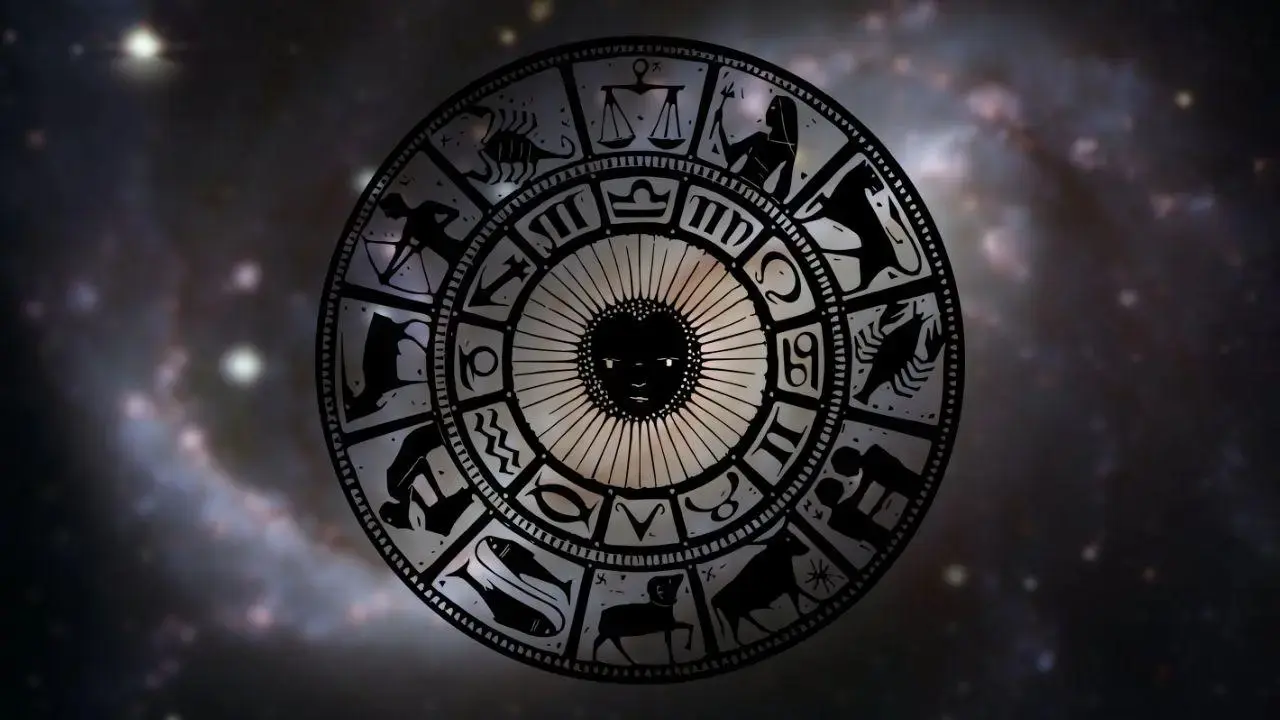
Rishab Shetty’s mythological action drama Kantara: Chapter 1 continues its remarkable feat at the box office, creating history. Despite a slow opening on Monday, the film is very much on track to hit the Rs 700 crore mark globally. In the process, the film has also helped several local single-screen theatres in the country.
Kantara Chapter 1 box office collections
The film crossed the Rs 150 crore milestone on its second Monday in Hindi language, and managed to sustain strong momentum despite a 37.32% drop from its second Friday collections. In its second weekend, Kantara: Chapter 1 recorded impressive numbers of Rs 7.10 crore on Friday, Rs 14.37 crore on Saturday, and Rs 14.65 crore on Sunday. On Monday, the film dipped to Rs 4.45 crore; however, it still reflected a solid trend, bringing the film’s total domestic collection to Rs 150.67 crore.
To add to it, the makers rolled out a discounted ticket offer on Tuesday. Given the reduced prices available across multiple theatres, chances are high that the film could witness an increase in footfalls, potentially lifting the film’s second-week totals even further.
Kantara Chapter 1 revives single screens
The unprecedented craze and fandom around Rishab Shetty and his film have created a phenomenon with the theatrical re-opening of vintage single screens across Karnataka. Old talkies like YM Hoskote Pavagada, Byndoor Shankar Talkies, Bhatkal, and Honnavar have once again opened their doors, witnessing house-full boards and massive crowds after years of dormancy.
The revival of these legendary and iconic talkies stands as a testimony to the cinematic brilliance Rishab has delivered with Kantara Chapter 1. The actor and filmmaker has showcased the soul of the country on the big screen. Besides, his grounded performance, precision in direction, and creation of a world that immerses the viewer have set new benchmarks in Indian cinema.
The film`s deeply rooted narrative that blends folklore, divinity, and raw human emotion has struck a chord with audiences across India and the globe. Such is Rishab`s impact that theatres which were once silent now echo with whistles, chants, and a high dose of nostalgia.












